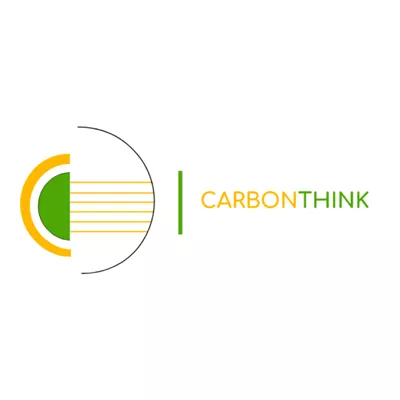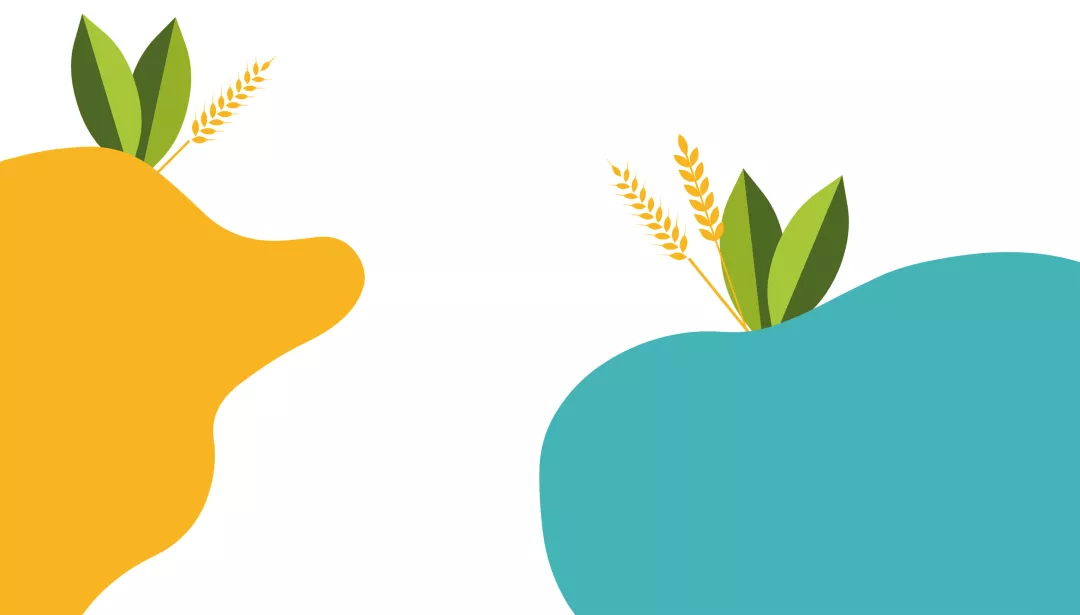General information
RDP Priority
- P5. Resource efficiency and climate
RDP Focus Area
- 5E: Carbon conservation & sequestration
RDP Measure
- M16: Cooperation
Summary
The agricultural sector has a significant contribution to atmospheric pollution through the emission of carbon dioxide, methane and nitrous oxide. The CarbonThink EIP-AGRI Operational Group project was launched in 2020 to measure and evaluate agricultural carbon emissions and to find appropriate low carbon performance financing. The ambition of this project is to develop a diagnostic methodology and to identify financing sources that can support low-carbon activities in farming. An additional goal is to encourage more farmers to adopt green practices and to remunerate their efforts to reduce emissions.
Results
- 10 test farms informed the development of a carbon performance evaluation methodology for field crop farms, based on existing tools.
- Benchmark report on the existing carbon-credit offer and prepared recommendations to develop low-carbon activities on field crop farms.
- Two studies: one on the mobilisation of stakeholders to finance low-carbon practices; and another on the agroindustry transition towards greener practices.
- 100 farms assisted to identify available funding (carbon-credit, public subsidies, agro-industrial bonus) in support of developing a viable financing system.

Funding
RDP contribution - 724 500 (EUR)
EAFRD - 579 600 (EUR)
National/Regional - 144 900 (EUR)
Resources
Documents
Carbon farming evaluation and financing: CarbonThink
(PDF – 1.43 MB)
Context
The CarbonThink EIP-AGRI Operational Group project brings together five partners, including the Terrasolis association (working on the low-carbon farming transition), the ‘Planet A’ institute, the INRAE (National Institute of Research in Agriculture, Food and Environment), the ‘Agrosolutions’ private company and the I4CE (Institute for Climate Economics). The project also gathers 14 regional agricultural organizations: CDER, Scara, FDSEA51, EMC2, Cérésia, Vivescia, CA51, Cristal Union, Cal, Soufflet, Cac68, CAA, CA57 and Tereos.
Objectives
This CAP innovation funding is focused on two main objectives.
- Developing an evaluation methodology for the reduction of carbon emissions in field crop farming (identifying potential GHG emissions reduction and giving options for the improvement of a farm’s carbon performance).
- Identifying and building financial schemes for the remuneration of low-carbon farming practices.
Activities
Developing an evaluation methodology for field crop farms regarding carbon emission reduction (objective 1):
- The recruitment of 10 test farms for refining the diagnosis and evaluation methodology.
- A first carbon emission diagnostic using the ‘Carbon Extract’ tool, certified by the French national low carbon label and coordinated by the project team.
- Diagnostic data analysis by the CarbonThink project team looking for trends and tendencies to support the development of the methodology.
- Evaluation of the support service costs (for the evaluation phase and the identification of alternative low-carbon practices).
The CarbonThink team drew on several existing digital tools (Carbon Extract, MyeasyCarbon and Sysfarm, for example) during the process of testing and refining their diagnostic approach. The idea was to mutualise available resources to provide added value in relation to existing public policies.
Concerning the identification and creation of financial schemes for the remuneration of low-carbon practices on field crop farms (objective 2):
- Benchmark the existing offer of low-carbon performance financing.
- Identify potential private and public funding sources for low-carbon activities within the framework or three identified schemes (carbon-credit, public subsidies and the agro-industrial bonus).
Objective 1 is dependent on objective 2 to inform the design of the financing scheme. Indeed, the idea is to analyse and then to concretise the results of the diagnosis into sustainable agricultural practices.
Main results
- Developed a carbon performance evaluation methodology for field crop farms, based on existing tools.
- Used the results from the 10 test farms to inform the development of the methodology.
- Prepared recommendations to develop low-carbon activities on field crop farms.
- Organised a webinar on the carbon calculator and how to use it.
- Conducted two studies: one on the mobilisation of stakeholders to finance low-carbon practices and one on the transition of the agroindustry towards greener practices.
- Worked with 100 farms in the Grand Est Region to identify available funding (carbon-credit, public subsidies, agro-industrial bonus) in support of developing a viable financing system.
- Elaborated a benchmark report on the existing carbon-credit offer.
- Provided recommendations on possible agro-industrial bonus financing schemes.
More broadly, the project contributed to the identification and the creation of a stakeholder ecosystem dedicated to the support and promotion of low-carbon agriculture financing.
Key lessons
It was important to thoroughly test the methodology. The CarbonThink project team positioned themselves as a facilitator of a difficult topic within the framework of existing initiatives from private and public stakeholders who were already working on these issues at a national and local level.
Participating farmers were mostly already aware of low carbon practices but it is also necessary to evaluate and fully understand support needs for farmers who wish to engage, ‘from scratch’ in a diagnosis and a transition to low carbon practices.
Building support for the development of a public subsidies system is difficult because low carbon concepts are not always well-understood by public stakeholders. Raising awareness about these topics is therefore an important first step towards encouraging public bodies to establish alternative financial incentives in favour of low-carbon activities. A benchmarking of existing practices in this area would be a useful tool in this endeavour.
